Immune System In Invertebrates
Immune system in invertebrates. Their immune system is based on the presence of a group of cells called coelomocytes which are abundantly described in the literature from different taxa see reviews 21 22 23 24 as the. It is generally accepted that invertebrates do not possess an adaptive immune system that enables them to specifically remember exposure to pathogens and respond with increased efficiency on subsequent challenge forming the basis of vaccination. The big picture is that they use cells to wall off and phagocytose infections anti-microbial peptides and circulating.
Neuro-endocrine-immune crosstalk in vertebrates and invertebrates. Our adaptive immune system and that of vertebrates in general is built upon an innate immune system that predates the evolution of vertebrates. Functional interactions between the neuroendocrine and immune systems are well-established in both vertebrate and invertebrate animals Elenkov et al.
By studying the immune systems of fruit flies mosquitoes and other invertebrates including bed bugs moths crustaceans worms sponges and bees scientists are finding new molecules involved. In most invertebrates free circulating cells hemocytes are responsible for cell-mediated immunity. Keep in mind that to a first approximation all animals are invertebrates.
Invertebrates do not possess a typical adaptive immune system which is generated by memory immune cells and targeted immunoglobulin production instead they mostly rely on innate immune system 3. The molecules are involved in melanization coagulation 37 phagocytosis and promotion of bacterial agglutination and clearance. Of this way they.
Innate Immune System In Invertebrates Could Certain Supplements Be Affecting My Immune System What Other Cells Do White Blood Cells Work With The Immune System Cocoanut Oil Horse Immune System Does Taking Steroids Lower Your Immune System. Ck 12 Immune System Ways To Naturaly Improve Immune System This System Is Part Of The Immune Response Do Invertebrates Have Immune System. Invertebrates do not possess lymphocytes or an antibody-based humoral immune system and it is likely that a multicomponent adaptive immune system arose with the first vertebrates.
There are a large number of variations of innate immune systems. Immune system complement and lym - phocytes are also missing from inver-tebrates but for both there seem to be invertebrate analogues. Invertebrates lack an adaptive immunity.
When activated different hemocyte types are capable of phagocytosis reactive oxygen species and NO production release of hydrolytic enzymes. The invertebrates innate immune system was reported to show some form of adaptive features termed trained immunity.
2008There is an extensive literature supporting the notion of bi-directional communication or crosstalk between the nervous and immune.
Immune system complement and lym - phocytes are also missing from inver-tebrates but for both there seem to be invertebrate analogues. Invertebrates do not possess lymphocytes or an antibody-based humoral immune system and it is likely that a multicomponent adaptive immune system arose with the first vertebrates. Anefficient immune system was developing in the invertebrates it has allowed them to maintain integrity body and avoid the attacks bypathogens. In most invertebrates free circulating cells hemocytes are responsible for cell-mediated immunity. It is generally accepted that invertebrates do not possess an adaptive immune system that enables them to specifically remember exposure to pathogens and respond with increased efficiency on subsequent challenge forming the basis of vaccination. Investing between constitutive versus inducible immunity as circumstances would necessitate. Of this way they. Like the complement system proPO is. In place of com-plement several phyla of invertebrates including various insects crabs and worms exhibit a similar response called the prophenoloxidase proPO system.
In contrast to invertebrates vertebrates could respond to developing pathogen stress not only in magnitude but also qualitatively ie. So there are many variations. Invertebrates have become popular subjects in the context of ecological immunology because of the simple mechanisms underpinning their innate immune systems. There are a large number of variations of innate immune systems. Invertebrates do not possess a typical adaptive immune system which is generated by memory immune cells and targeted immunoglobulin production instead they mostly rely on innate immune system 3. The invertebrates innate immune system was reported to show some form of adaptive features termed trained immunity. Invertebrates do not possess lymphocytes or an antibody-based humoral immune system and it is likely that a multicomponent adaptive immune system arose with the first vertebrates.

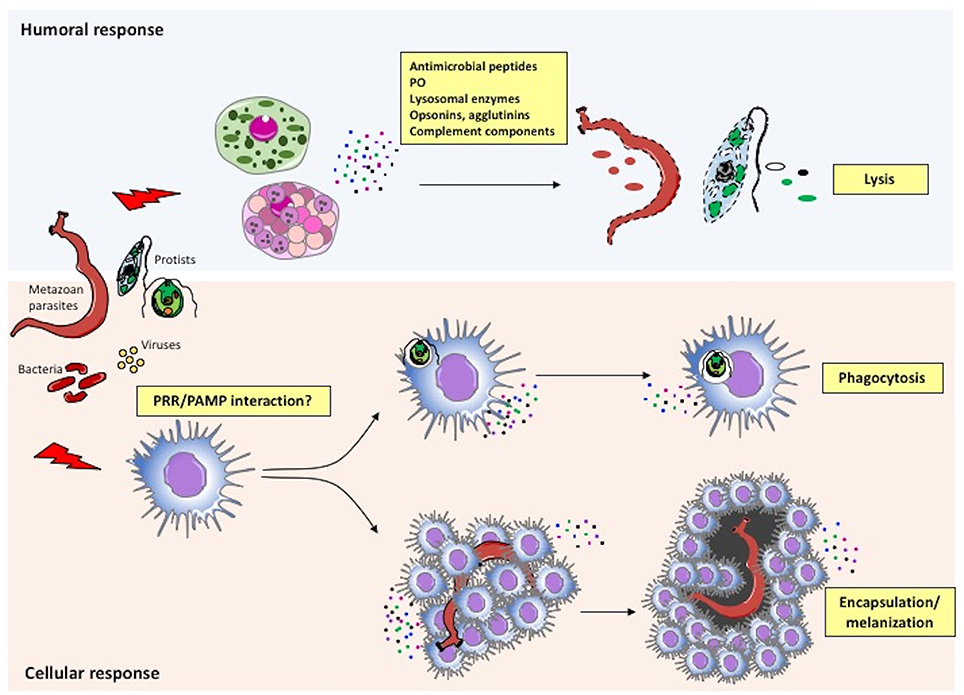
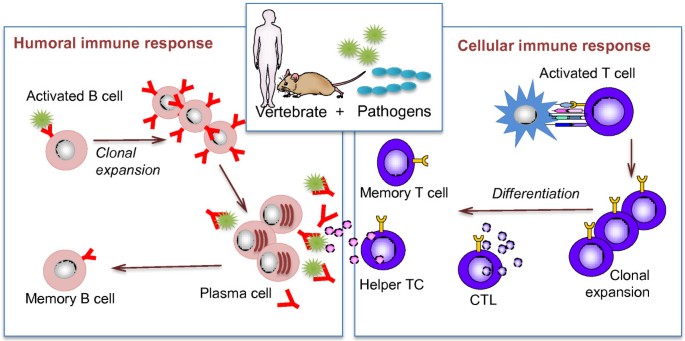



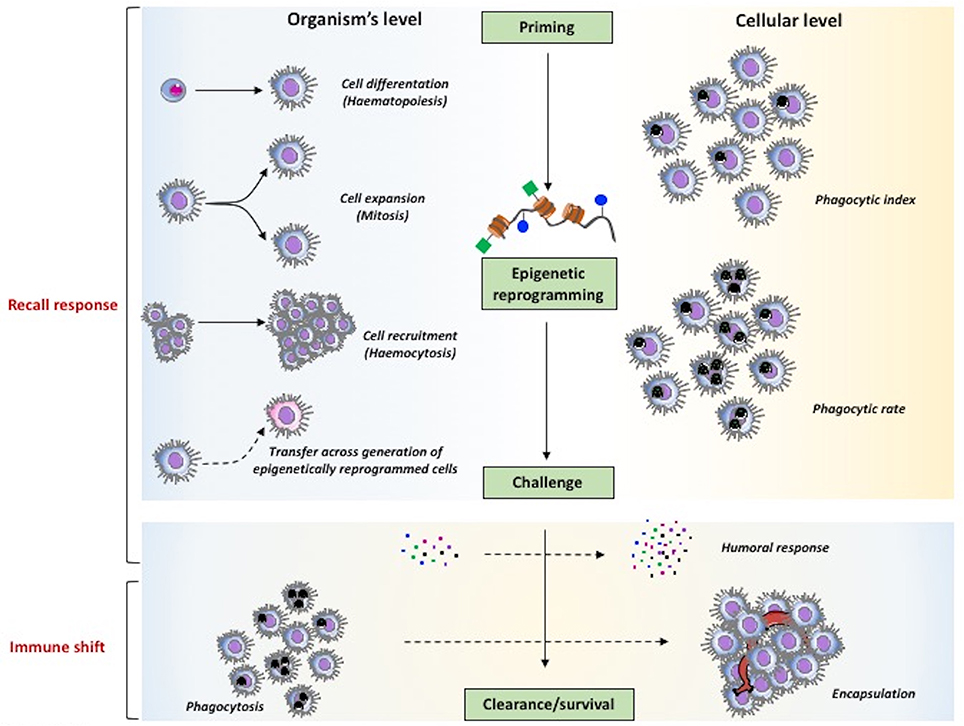











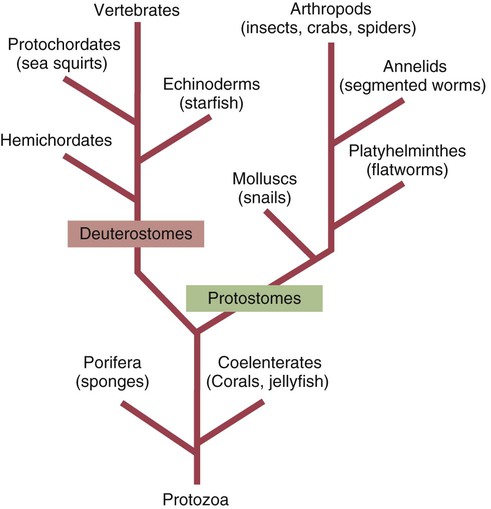



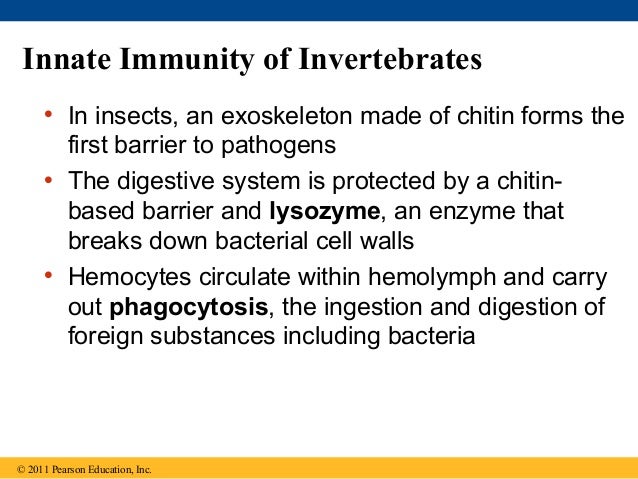



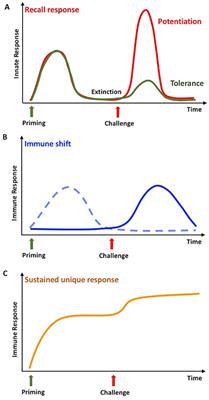
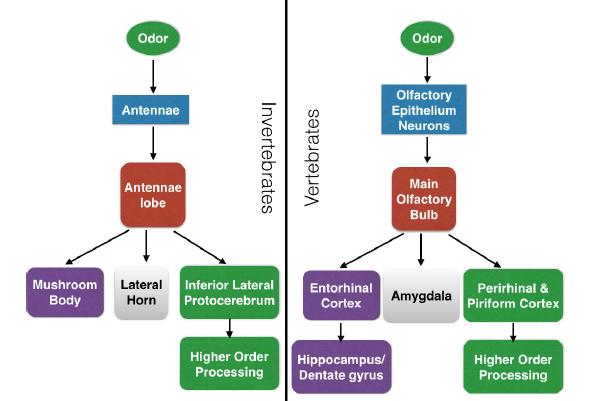
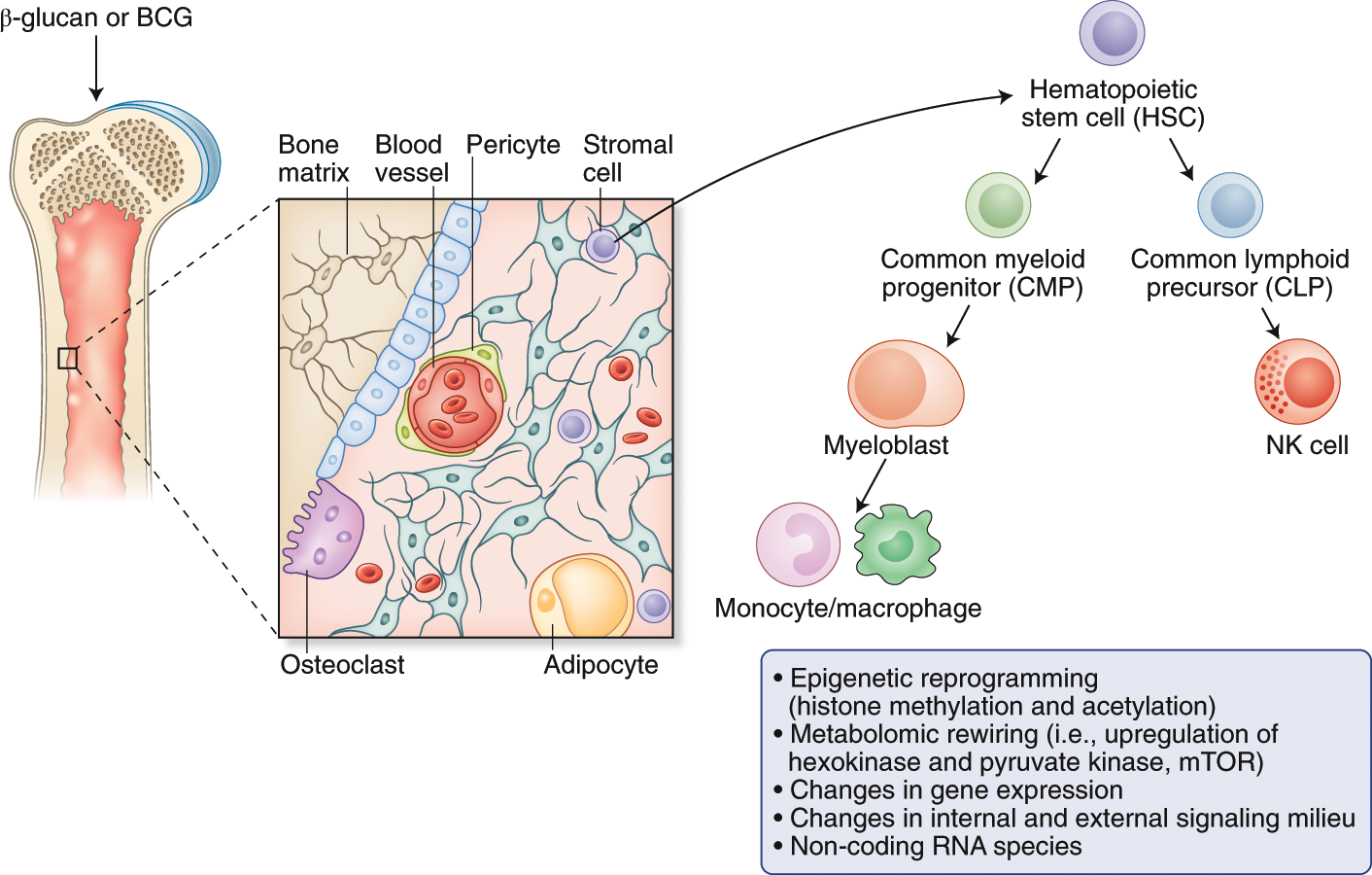
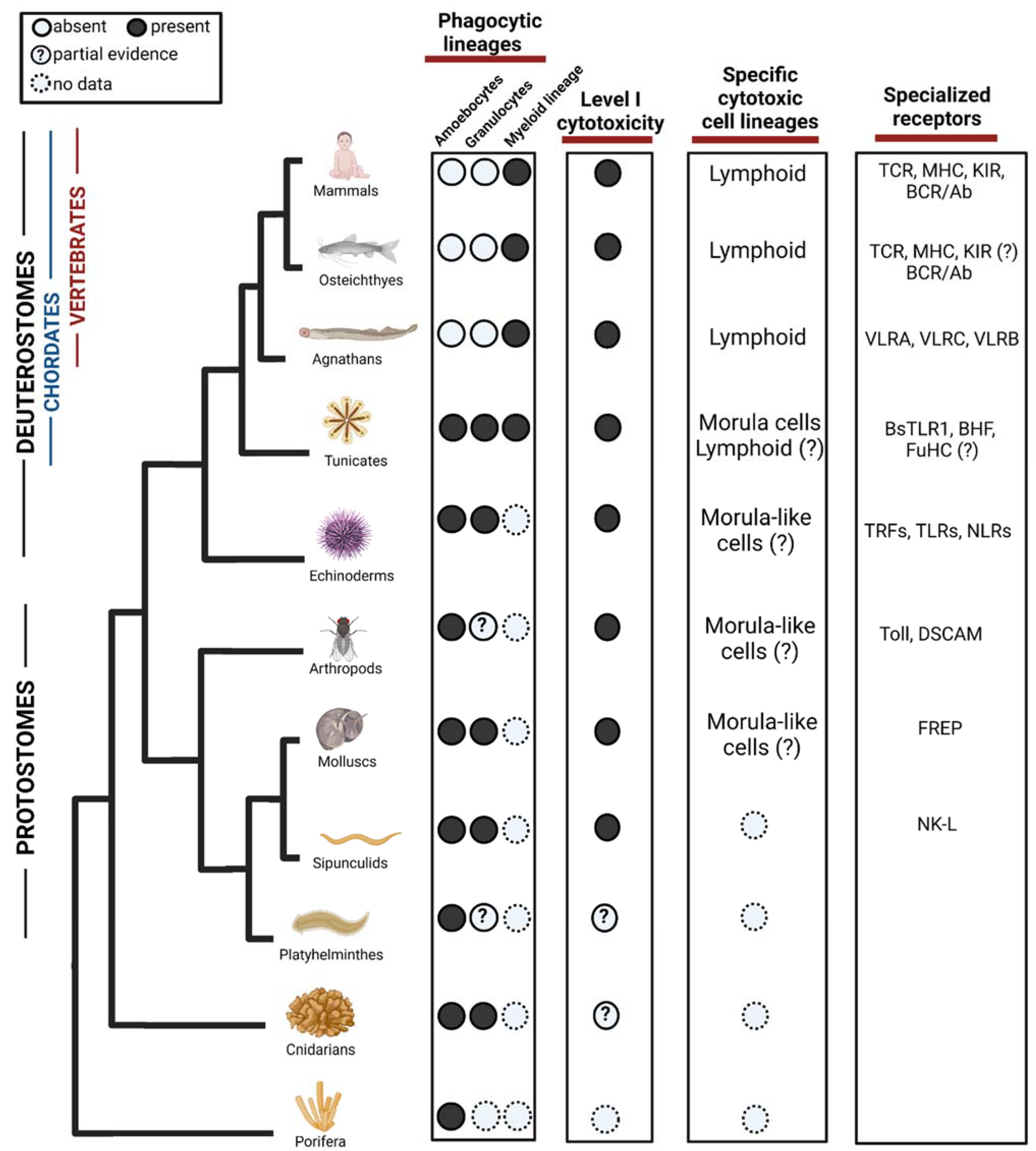




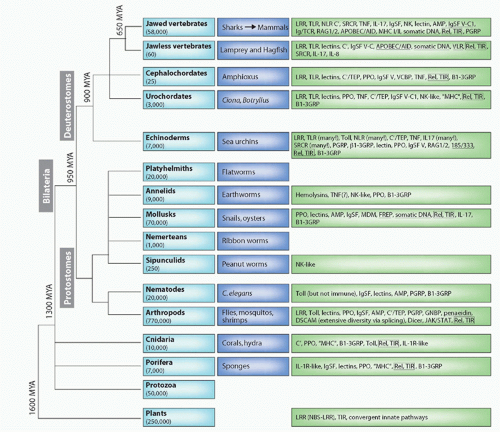
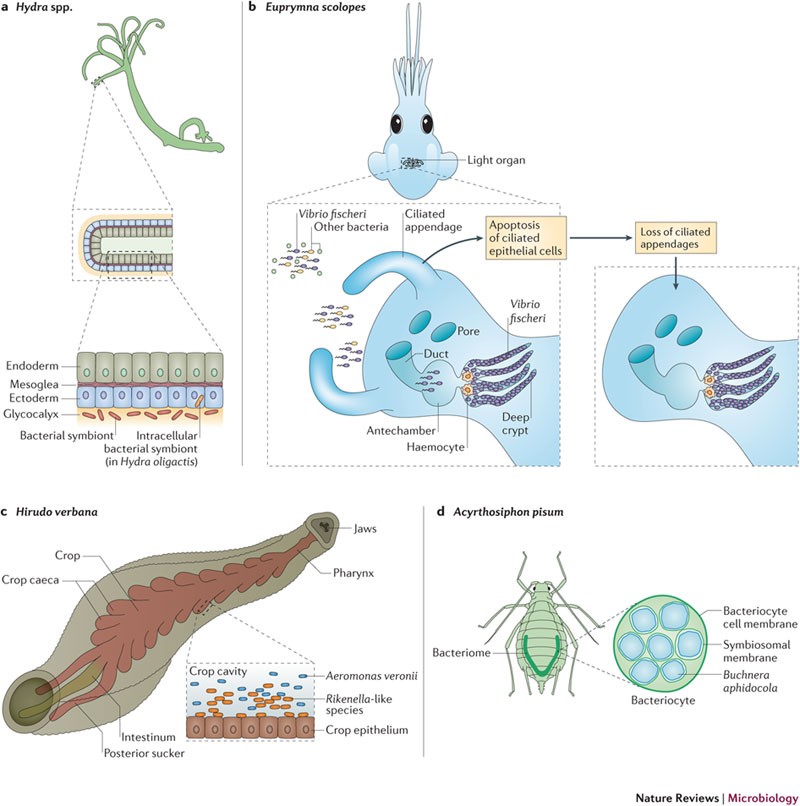



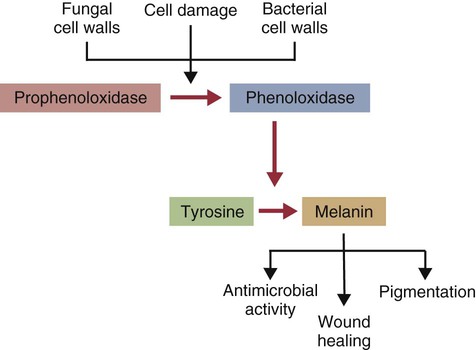

Post a Comment for "Immune System In Invertebrates"